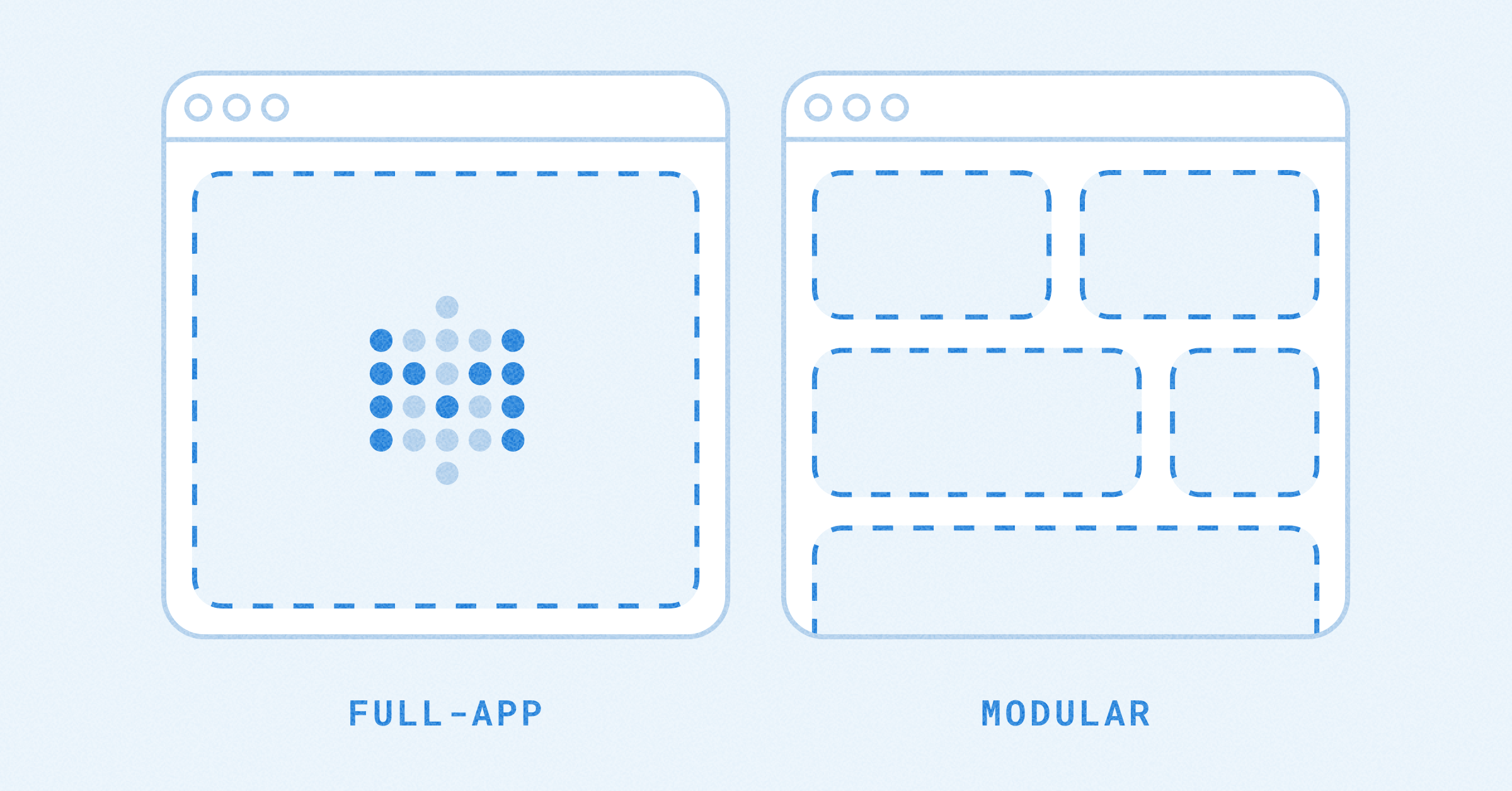History
For questions, dashboards, and models, Metabase keeps a version history for the previous fifteen versions of that item. You can view changes, and revert to previous versions.
Viewing tracked changes
- Go to your question, dashboard, or model.
- Click the info icon.
- Click on the History tab.
- The History tab will display the item’s history of up to 15 versions.
Metabase will keep track of a version each time you save, move, revert, move to Trash, or verify an item.
Reverting to previous versions
- Go to your question, dashboard, or model.
- Click the info icon (an i in a circle).
- A sidebar will appear with up to fifteen previous versions.
- Click on the back arrow beside a version to revert your item to that point in time.
Read docs for other versions of Metabase.


